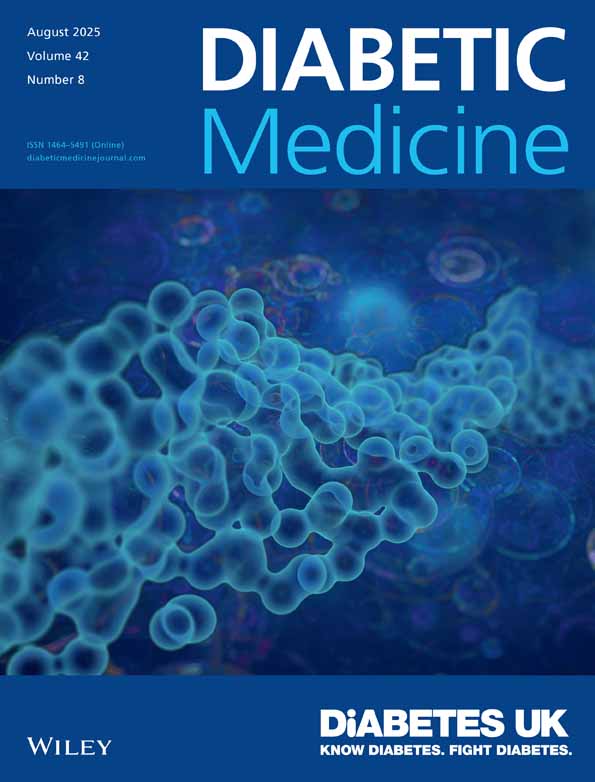Is Impaired Baroreflex Sensitivity a Predictor or Cause of Sudden Death in Insulin-dependent Diabetes Mellitus?
Abstract
Sudden death at night is known to occur in young patients with insulin-dependent (Type 1) diabetes mellitus (IDDM) but the aetiology is uncertain. A cardiac arrhythmia has been postulated, but there has been little evidence to support this. We present the case of a 31-year-old man with IDDM of 17 years duration, who died suddenly while asleep. Over preceding months, he had had strict glycaemic control (HbA1 8.9 %), normal 24 h blood pressure (mean 131 ± 2.1/76 ± 2.2 mmHg), no evidence of microangiopathy or endothelial dysfunction and normal standard clinical tests of autonomic function. An electrocardiogram was similarly unremarkable, with a QTc interval of 0.414 s, and an echocardiogram had demonstrated normal left ventricular mass index (96.4 g m−2). However, there was no nocturnal dip in heart rate (daytime 74 ± 2.7, and nocturnal 68 ± 1.6 beats min−1), and he had grossly impaired baroreflex sensitivity during Phase 4 of the Valsalva manoeuvre (0.5 ms mmHg−1), with power spectral analysis studies suggesting an abnormality of parasympathetic function. The coroner’s autopsy demonstrated no structural abnormalities. We hypothesize that abnormal baroreflex sensitivity could either predict a risk of or account for some of the unexplained deaths in IDDM, in that relative overactivity of the sympathetic nervous system could cause ventricular arrhythmias. © 1997 by John Wiley & Sons, Ltd.




